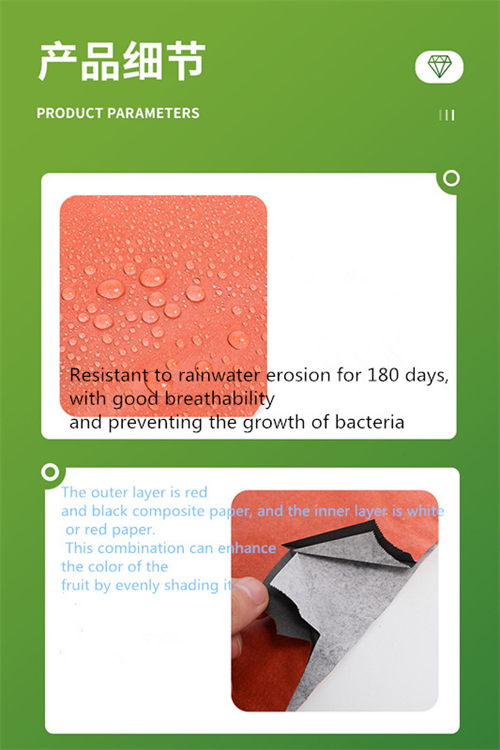Nov . 07, 2024 12:51 Back to list
Advantages of Apple Cross-Pollination for Improved Fruit Quality and Yield
The Benefits of Apple Cross-Pollination
Apple trees are known for their delicious, crisp fruits and are a popular choice for home gardeners and commercial orchards alike. Yet, while the beauty of the apple blossom season can be captivating, the process behind producing those fruits is often overlooked. One of the most critical aspects of apple cultivation is cross-pollination, a natural phenomenon that brings numerous benefits to both the apples and the surrounding ecosystem.
What is Cross-Pollination?
Cross-pollination occurs when pollen from the flower of one apple tree fertilizes the ovule of another apple tree. This process often involves the aid of pollinators, such as bees, butterflies, and other insects, which transfer pollen from tree to tree as they search for nectar. Unlike self-pollination, where a flower's own pollen fertilizes its ovules, cross-pollination enhances genetic diversity and contributes to the overall health and vitality of apple trees.
Enhancing Fruit Quality and Yield
One of the most significant benefits of cross-pollination is the improvement in fruit quality. When apple trees cross-pollinate, the resulting fruits tend to be larger, have a more appealing taste, and have better texture compared to those produced through self-pollination. The diversity in genetic material leads to enhanced fruit development and can result in apples that are more resilient to diseases and pests.
benefits of apple cross pollination

In addition to better quality, cross-pollination often leads to higher yields. Apple trees that are cross-pollinated frequently bear more fruit than those that rely solely on self-pollination. This increase in production can be particularly beneficial for commercial growers who depend on high yield to meet market demands. The more robust flowering and fruit-setting rates associated with cross-pollination make it essential for maximizing apple harvests.
Ecological Benefits
Cross-pollination also plays a vital role in the broader ecosystem. As pollinators move from tree to tree, they not only facilitate the reproduction of apple trees but also support the pollination of numerous other flowering plants. This interconnectedness helps to maintain biodiversity within the environment. Healthy pollinator populations, which thrive due to well-maintained habitats like apple orchards, contribute to the stability of ecosystems. This, in turn, aids various species, including humans, who rely on a diverse food supply.
Furthermore, cross-pollination encourages the cultivation of multiple apple varieties in close proximity, which can be beneficial for soil health. Different apple trees have varying root structures and nutrient needs, leading to a more balanced nutrient profile in the soil. This diversity can minimize the risk of pests and diseases that often thrive in monocultures.
Conclusion
Incorporating cross-pollination into apple cultivation is crucial for producing high-quality fruit and contributing positively to the environment. By prioritizing practices that enhance cross-pollination, gardeners and orchardists can enjoy bountiful harvests of delicious apples while supporting local ecosystems. As we strive to maintain sustainable agricultural practices and protect our pollinators, understanding the importance of cross-pollination in apple production can help foster both economic and ecological resilience. Whether you are a home gardener or a commercial farmer, recognizing and promoting cross-pollination will undoubtedly lead to a more fruitful future for apple cultivation.
-
High-Viability Male Kiwipollen for Sale | Boost Yield
NewsAug.06,2025
-
Eco Fruit Paper Bags for Peak Freshness | Durability Focused
NewsJul.31,2025
-
Pollen Peach Tree for Pure Pollination and High-Quality Peach Pollen
NewsJul.30,2025
-
Premium Cherry Pollen for Pure Pollination & Different Types
NewsJul.30,2025
-
Artificial Pollination Solutions for Various Plant Pollen Types
NewsJul.29,2025
-
Artificial Pollination Solutions for All Plant Pollen Types
NewsJul.29,2025